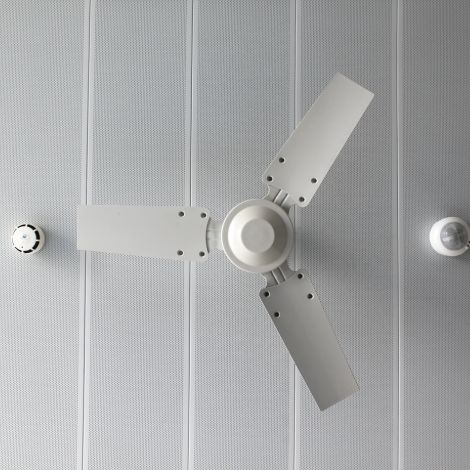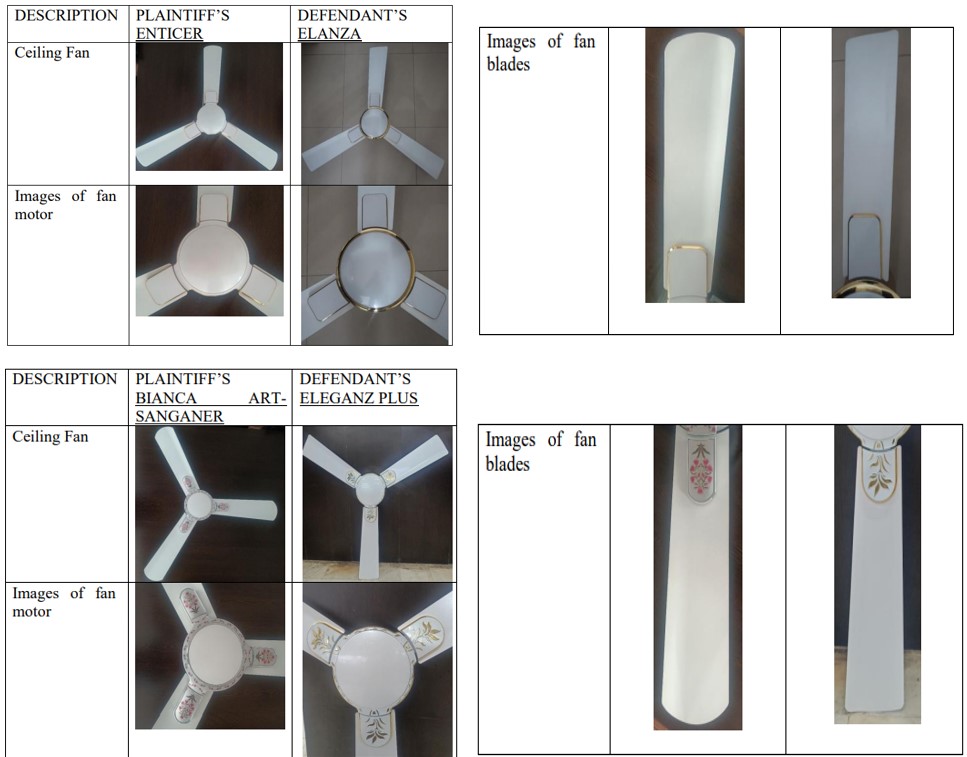
In December, the Delhi High Court made a significant ruling regarding design piracy, in the Havells India Limited v Polycab India Limited case.
Advancing towards Net-Zero Emissions through Strategies in the Net Zero Pathway
Havells India Limited (Havells) filed a suit seeking a permanent injunction against Polycab India Limited (Polycab) for infringing their three registered fan model designs, namely ENTICER (2016), BIANCA ART (2021) and BIANCA ART-SANGANER (2022). The allegedly infringing fan designs of Polycab were ELANZA and ELGANZ PLUS.

Havells argued that ELANZA closely matched the design of Havell’s ENTICER, while ELEGANZ PLUS infringed upon the BIANCA ART and BIANCA ART-SANGANER designs. Earlier, in June 2023, the Court had granted an interim injunction in favour of Havells restraining Polycab from using all three allegedly infringed registered designs. Polycab had moved an application to vacate the injunction order.
Upon examining each design of the suit Design, the Court observed that Polycab’s ELANZA was strikingly similar to Havells’ 2016 design ENTICER, noting “hardly any difference” between them. The Court also agreed with Havells’ contention that Polycab consciously imitated the ENTICER design and also used the same colour names as used by Havells. The Court accordingly maintained the interim injunction previously granted.
As regards Havells’ 2022 suit Design BIANCA ART-SANGANER, the Court concluded that the novelty and originality of this Suit Design was certified as residing only in the surface pattern. The Court held that the surface patterns of Polycab’s ELEGANZ PLUS range were sufficiently different from the 2022 suit Design. Hence it did not infringe the 2022 suit Design. The Court agreed with Polycab’s argument that Havells could not have clubbed the 2021 and 2022 suit Designs to argue infringement against ELEGANZ PLUS as both design registrations were for different design features.
The Court accordingly dismissed Havells’ plea vis-à-vis the 2021 BIANCA design given insufficient specific evidence and held that no piracy case was established.
Referring to the Calcutta High Court order in Castrol India Ltd v. Tide Water Oil Co. (I) Ltd, the Court held that “the copy must be a fraudulent or obvious imitation”. The Court further held that under Section 22(1)(a) of the Designs Act (Act), piracy matters ought to be analysed from the visual aspect of design. Further, the Court highlighted that, while opposing an injunction, the defendant, in this case, Polycab, ought to raise a credible challenge to the validity of the plaintiff’s designs.
In conclusion, the Court upheld the interim order against Polycab’s ELANZA series for design infringement but lifted the same against its ELEGANZ PLUS series. This decision highlights the crucial role of the overall visual impression in determining design piracy, actual end product design and submitting substantial evidence during infringement proceedings.

